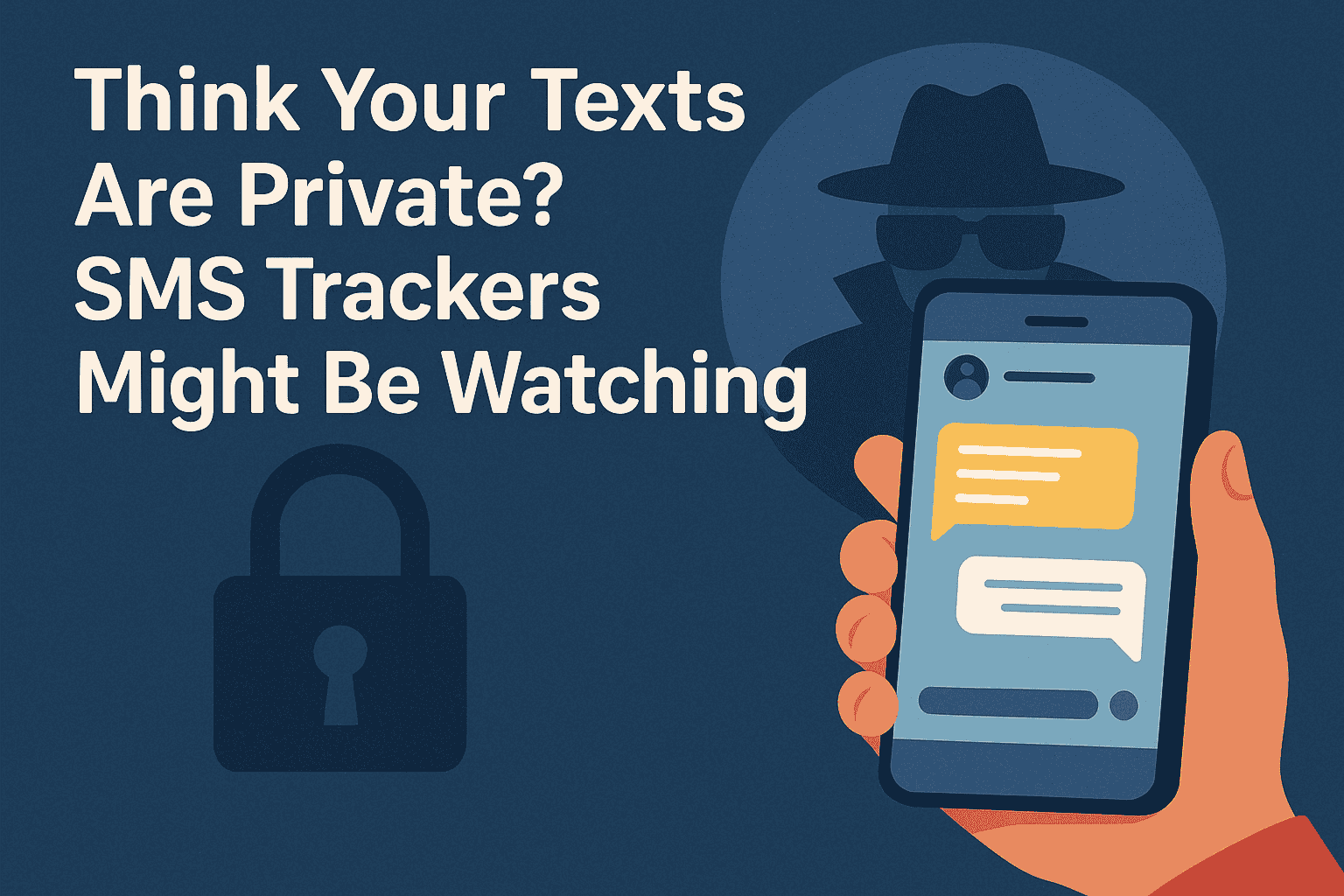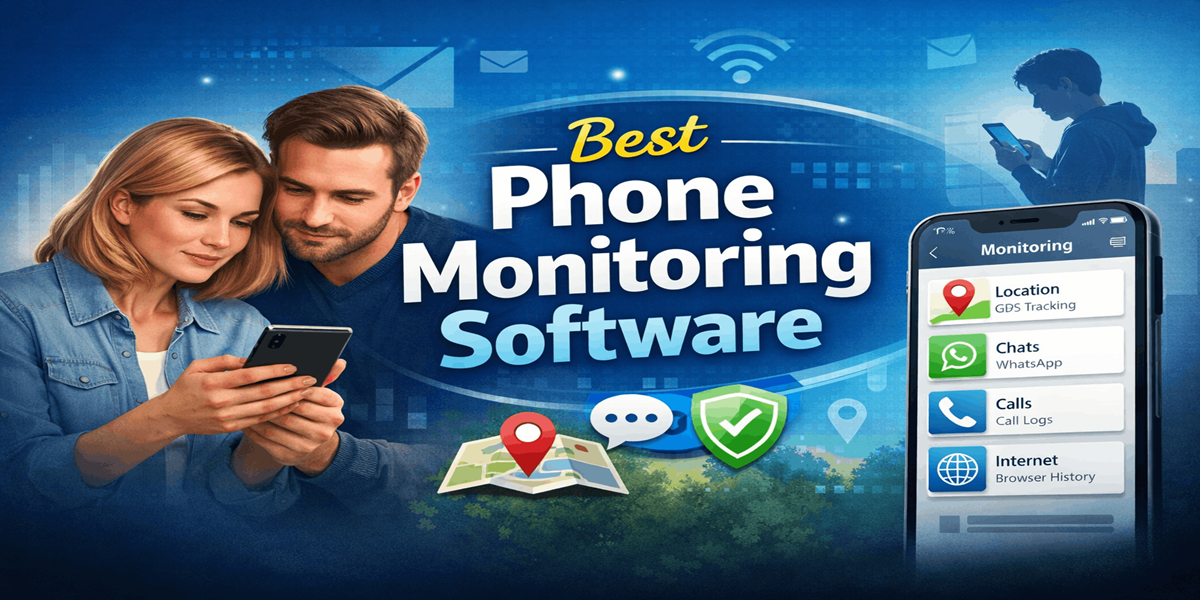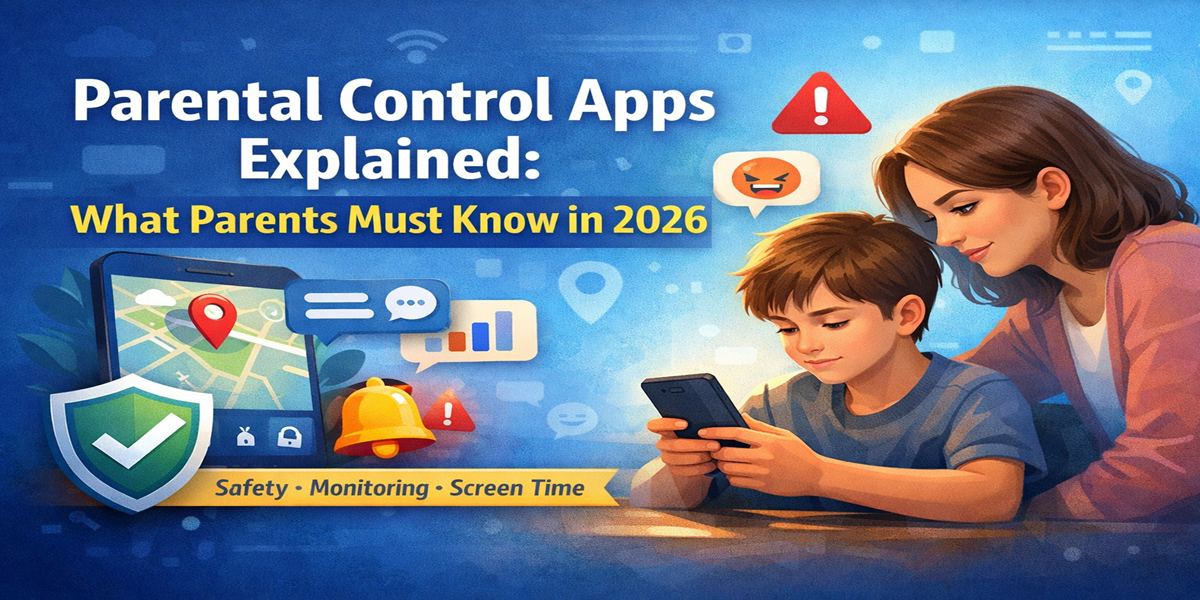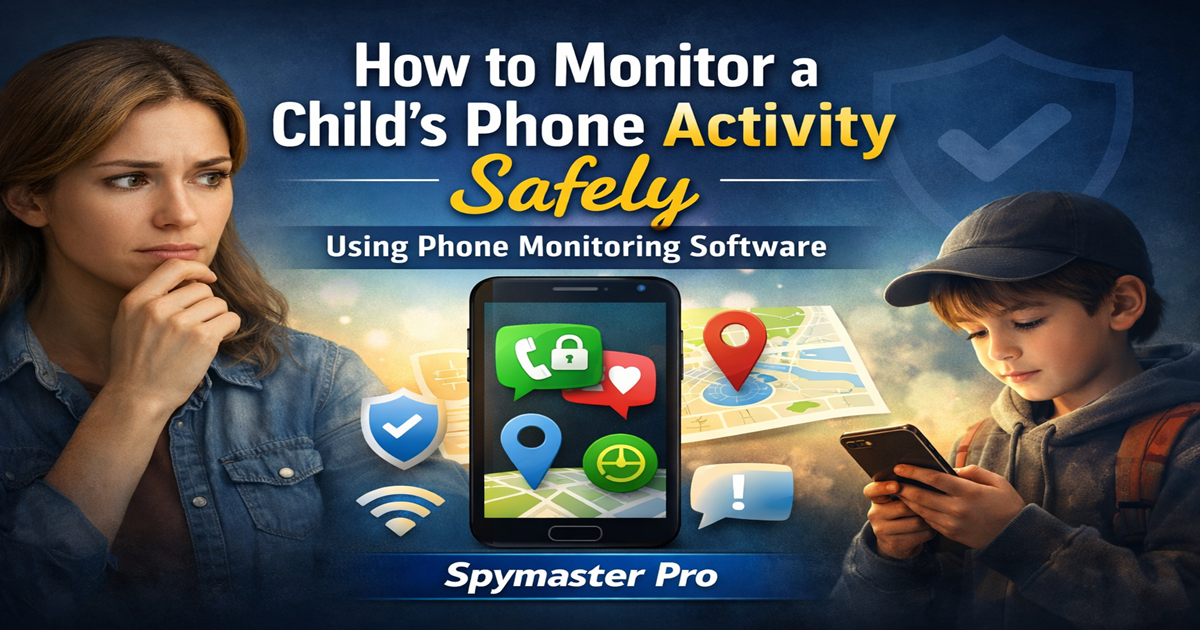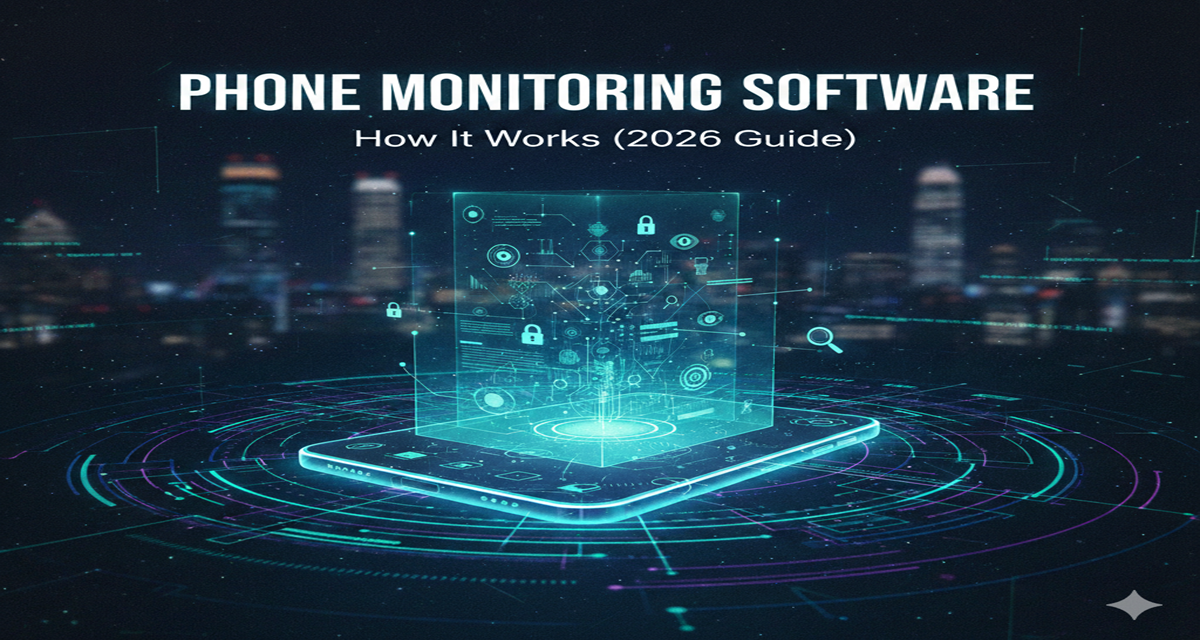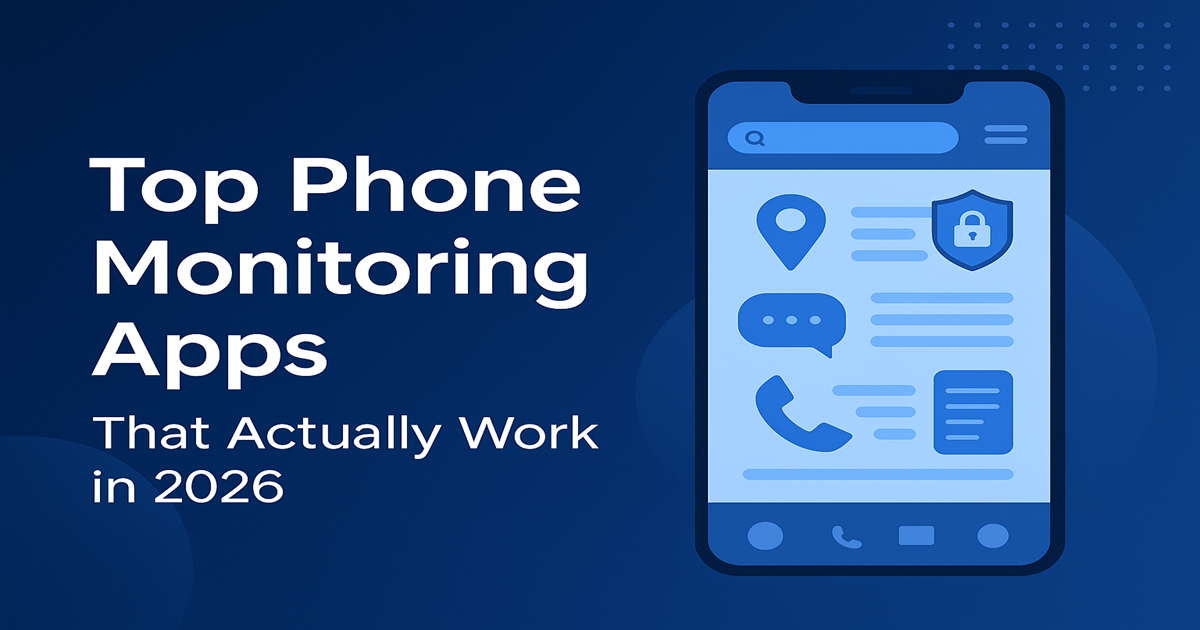Every day, millions of people send text messages without a second thought. From casual conversations to sensitive information like passwords and bank OTPs, we rely on SMS as a default communication tool. It feels personal. It feels private.
But in reality, your text messages may be more exposed than you think. With the rise of SMS trackers—stealthy tools that monitor every message you send or receive—your private conversations may be vulnerable to prying eyes.
This article explores what SMS trackers are, how they work, who uses them, and, most importantly, how you can protect yourself.
What is an SMS Tracker?
An SMS tracker is a type of software that can monitor and record text messages sent and received on a device. These tools can be installed on a phone to collect data, which is then sent to a third party. Most SMS trackers operate silently in the background and are nearly impossible to detect without the right tools.
The core features of an SMS tracker often include:
Viewing all incoming and outgoing messages
Logging contact details, including phone numbers and names
Displaying message timestamps
Syncing the data to an online dashboard or email address
Running without the user’s knowledge (stealth mode)
Some advanced SMS trackers may even delete their own logs or hide their presence entirely to avoid detection.
Who Uses SMS Trackers—and Why?
1. Parental Monitoring
Parents often install SMS tracking apps on their children’s phones to keep an eye on their digital behavior. While it may be intended for safety, such tracking without consent can lead to privacy concerns and trust issues.
2. Employers
Businesses sometimes use SMS trackers on company-owned phones to monitor employee communication. The goal is often to prevent data leaks or enforce productivity, but this kind of surveillance must be clearly disclosed to remain legal and ethical.
3. Romantic Partners
In some relationships, one partner may install a tracker on the other’s device out of suspicion or jealousy. This is usually done without consent and is considered a serious invasion of privacy. In many regions, it is also illegal.
4. Hackers and Cybercriminals
Malicious actors use SMS tracking to steal personal data, financial information, or login credentials. These tools are often hidden in apps or links and can be very difficult to detect.
How Do SMS Trackers Work?
SMS trackers can be installed in several ways:
Direct installation: The most common method, where the person installing the tracker has physical access to the phone.
Remote installation: Possible on jailbroken iPhones or rooted Android devices, allowing a tracker to be installed without physical access.
Malicious downloads or links: Clicking on unknown links or downloading unofficial apps can result in a tracker being installed without your knowledge.
Once installed, the software runs in the background, capturing text messages and transmitting them to a remote server. These apps often hide under generic names like “System Services” or “Device Manager,” making them difficult to identify.
Is SMS Tracking Legal?
The legality of SMS tracking depends heavily on context and local law. In general:
Tracking a phone you do not own or without the user’s consent is illegal in most countries.
Employers can legally track company-owned devices if they inform employees beforehand.
Parents may legally track their minor children’s phones in many jurisdictions.
Unauthorized tracking can lead to criminal charges, lawsuits, and significant damage to personal or professional relationships. Ethical boundaries and privacy rights must always be respected.
Signs That Your Phone Might Be Monitored
If your phone has an SMS tracker, it may exhibit the following signs:
Unexpected battery drain
A sudden increase in mobile data usage
The device getting warm even when not in use
Unfamiliar apps or files that you didn’t install
Delays or glitches when sending or receiving text messages
These symptoms are not definitive proof of tracking, but they are good reasons to investigate further.
How to Protect Yourself from SMS Tracking
1. Avoid Using SMS for Sensitive Communication
SMS is not encrypted. It is one of the least secure methods of communication. Instead, use end-to-end encrypted messaging apps such as:
Signal
WhatsApp
Telegram (in Secret Chat mode)
These apps protect your conversations by encrypting them so only you and the recipient can read the messages.
2. Review App Permissions
Regularly check which apps have access to SMS, contacts, and other sensitive data. Revoke permissions for apps you don’t recognize or trust.
3. Use Anti-Spyware or Security Tools
Install a trusted mobile security app that can detect and remove spyware or tracking software. Recommended options include:
Malwarebytes
Avast Mobile Security
Bitdefender Mobile
These tools can scan your device and alert you if suspicious software is found.
4. Be Cautious with Links and Downloads
Only download apps from official stores like Google Play or Apple’s App Store. Never click on unknown links in text messages or emails, especially if they promise free rewards or urgent updates.
5. Keep Your Phone Updated
Phone updates often include security patches that fix known vulnerabilities. By ignoring updates, you leave your phone open to exploits that trackers may use.
6. Perform a Factory Reset
If you suspect your phone is being monitored and you cannot locate the tracking software, a factory reset can remove most unauthorized apps. Be sure to back up important data before performing the reset.
The Bigger Picture: SMS Tracking and Digital Privacy
The rise of SMS trackers reflects a broader concern about digital privacy. With technology making it easier to monitor others, the line between safety and surveillance is becoming increasingly blurred.
It is important to stay informed and cautious. Understanding how these tools work—and how to protect yourself—is the first step in maintaining control over your digital life.
Conclusion
Text messaging feels personal, but in reality, it offers very little in terms of security. Whether it’s a protective parent, an overreaching employer, a suspicious partner, or a malicious hacker, SMS tracking tools are widely available and alarmingly easy to use.
The assumption that “no one would ever track me” is not a safe mindset anymore. In today’s digital world, everyone is a potential target.
By taking proactive steps—such as switching to encrypted apps, reviewing permissions, and staying vigilant—you can safeguard your privacy and ensure that your conversations remain yours alone


